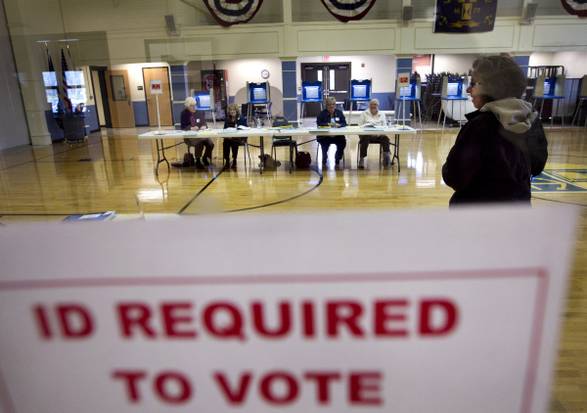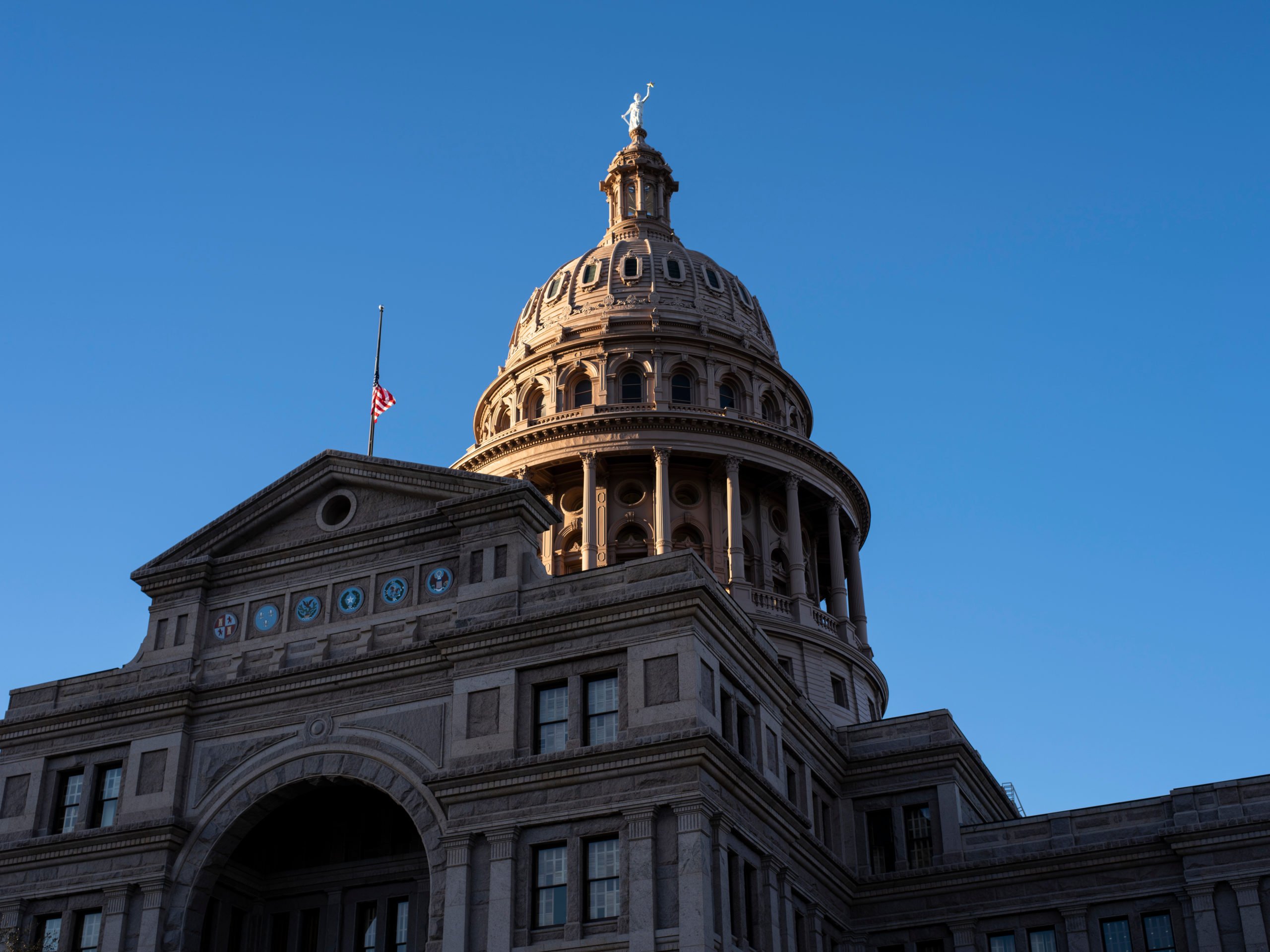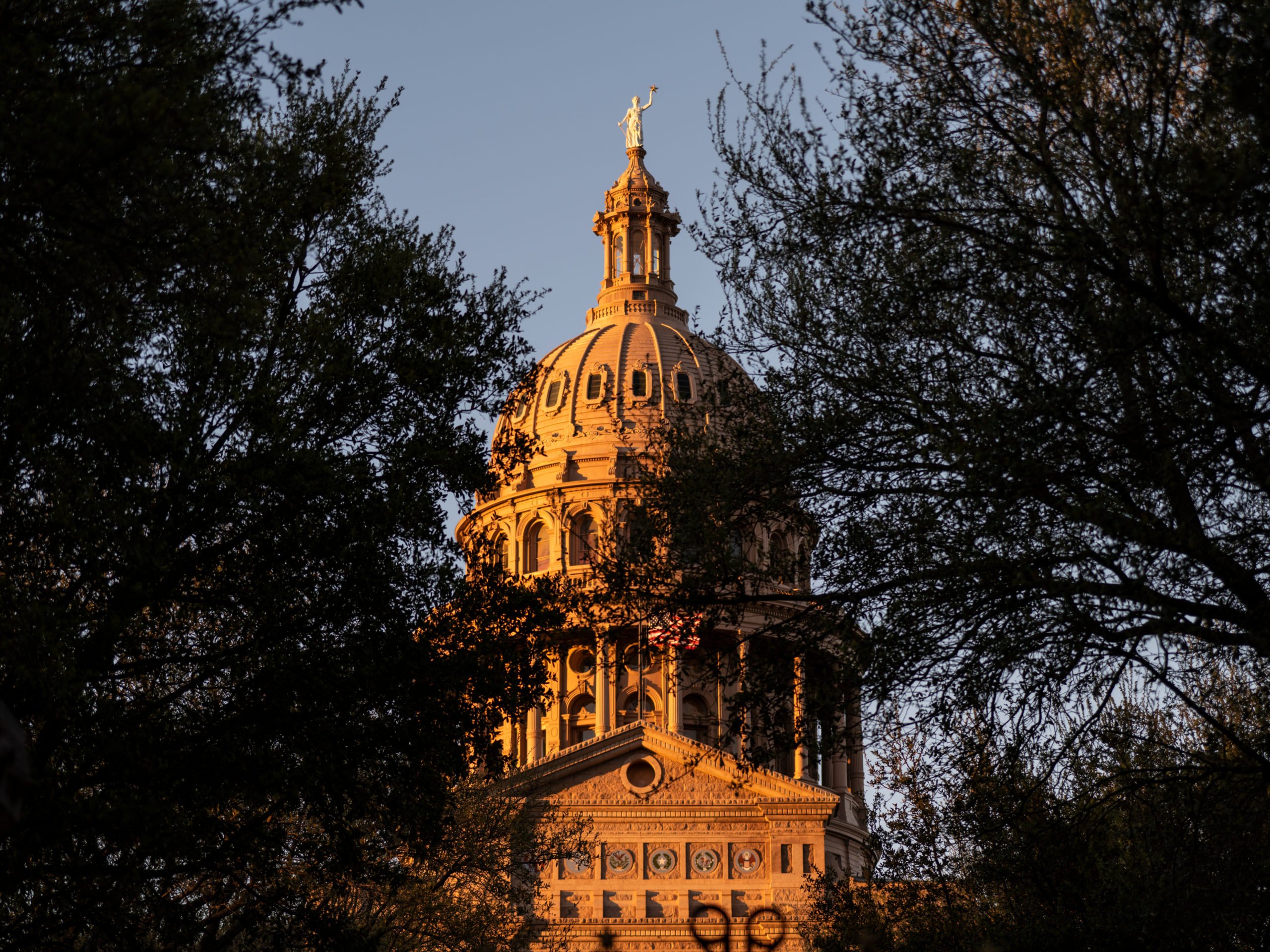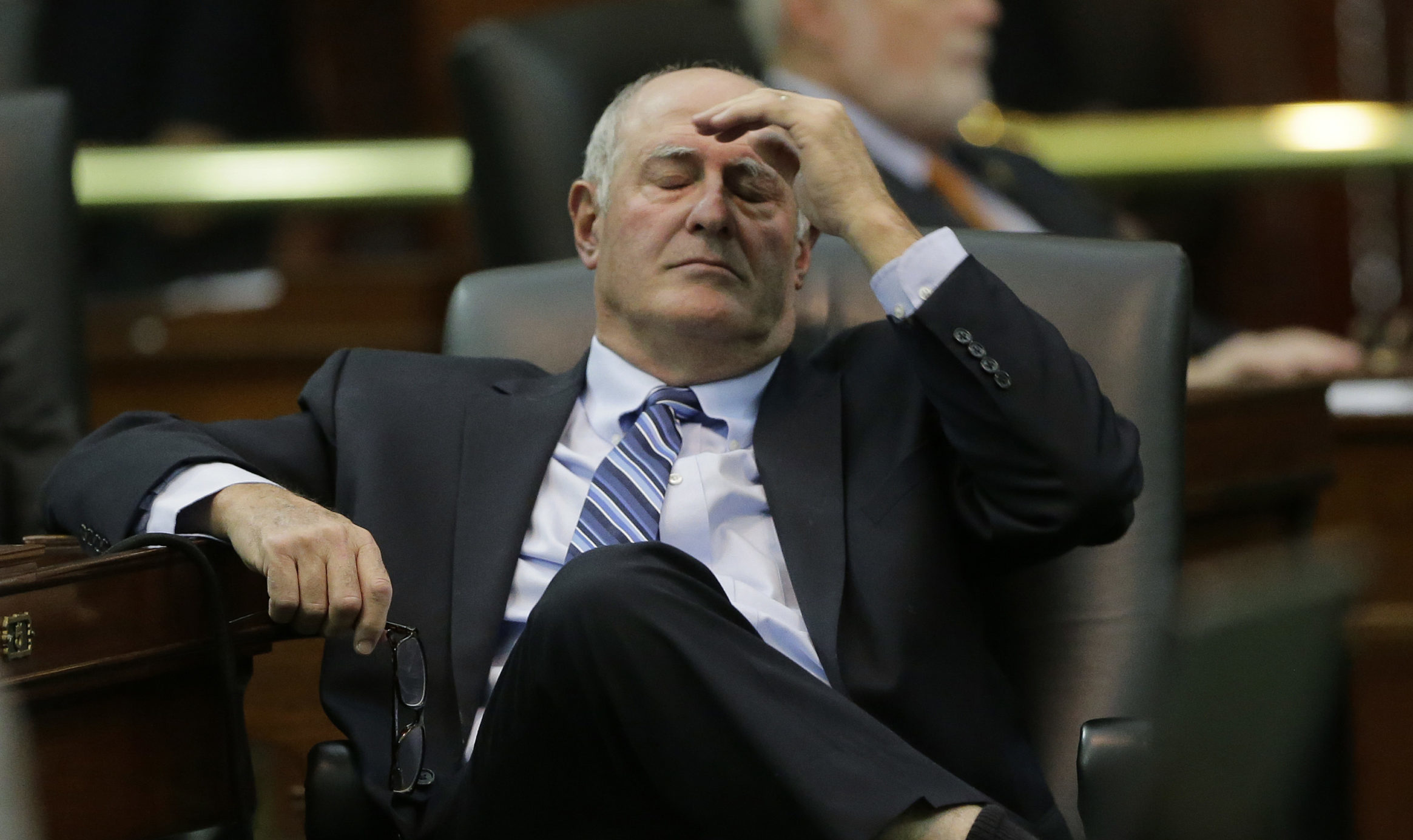
Texas Won’t Fix Its Discriminatory Voting Laws. Can the Courts?
Since 2011, nine federal court rulings have concluded that Texas passed intentionally racist voting laws. Three of those rulings happened in just the past two weeks.


Texas can’t be trusted to fix its deliberately racist voting laws.
That’s the message from no fewer than three federal court rulings over the past two weeks. In cases involving voter ID and election maps, judges have concluded that Texas lawmakers tried to perpetuate intentionally discriminatory laws. In rulings last week and late Thursday, a federal three-judge panel in San Antonio tossed two Texas congressional districts drawn to blunt the state’s booming Hispanic vote and four state house maps that, in the words of the court, were drafted to “ensure Anglo control.” Earlier this week, a federal judge in Corpus Christi blocked the state’s strict voter ID law, which lawmakers passed this year and was almost entirely based on a previous version the courts had already killed due to its “discriminatory purpose.”
For anyone counting, we’re now up to nine federal court rulings that have found Texas passed intentionally racist voting laws — three just in the past two weeks. Add another court ruling last week that invalidated the state’s new restrictions on assistance to voters who speak limited English, and that’s also four violations of the Voting Rights Act in the last two weeks.
Elections law experts say the repeat findings of intentional discrimination bolster the case for forcing Texas to clear any changes in its voting laws with the feds. So-called pre-clearance for voting laws was standard practice for Texas and other Southern states with a history of voter intimidation and discrimination from the time the Voting Rights Act was passed in 1965 until 2013. That year, the U.S. Supreme Court defanged the key provision of what’s largely heralded as the most effective piece of civil rights legislation the country ever passed.
Whether and how to force Texas back under federal oversight is a conversation the courts are just starting to have. In the voter ID case, a judge has asked the state and plaintiffs to file briefs on the matter by the end of August.
Meanwhile, it’s unclear which election maps the state will use in the March 2018 primary or if the parties can even move fast enough to avoid a delayed election. The flurry of court opinions also raises the possibility of yet another special session for lawmakers to once again fix voting laws the courts keep knocking down. Texas Attorney General Ken Paxton has made clear he plans to put up a fight, issuing a barrage of statements over the past two weeks promising to make his office an appeals machine.
Michael Li, a voting rights expert with the Brennan Center who’s closely followed the state’s legal battles, said the lower courts are likely to order some kind of pre-clearance process, at least in the redistricting cases. “Early on [in the redistricting process], you had exclusion of Latino lawmakers, people drawing lines on the basis of race in a way that minimizes minority impact, even emails showing white Republicans making demands like, ‘Please move this country club into my district,’” Li told the Observer. “At a point, it just starts to look really devious. And it looks intentional.”
The courts have struggled to keep up with the state’s discriminatory laws. Even when ordered to fix its voter ID law and district maps, the judges have said the Texas Legislature fell far short in fixing its mistakes and bringing its laws under the Voting Rights Act.
Rick Hasen, an elections law expert at the University of California at Irvine, told the Observer that some type of pre-clearance seems like the logical conclusion given the raft of court rulings on intentional discrimination. “Judging by the rulings, this is clearly not something the courts are going to ignore,” he said.
Hasen said judges could make Texas clear all its elections laws with the feds, or just redistricting and voter ID, until the state can prove it’s removed the discriminatory impact. In that case, it would be either the Department of Justice, now run by someone who’s spent a career fighting voting rights, or a panel of judges in Washington, D.C., that would provide oversight.
Exactly how pre-clearance would work is unclear. The groups challenging Texas’ voting laws have to use another section of the Voting Rights Act, Section 3, to argue for pre-clearance after the Supreme Court gutted the section that used to make it mandatory for states like Texas. Li said Section 3 is relatively untested in this context, so it’s hard to know how far the courts will go with it. Ultimately, these Texas cases could test the new bounds of the Voting Rights Act to fix systemic discrimination in voting laws.


